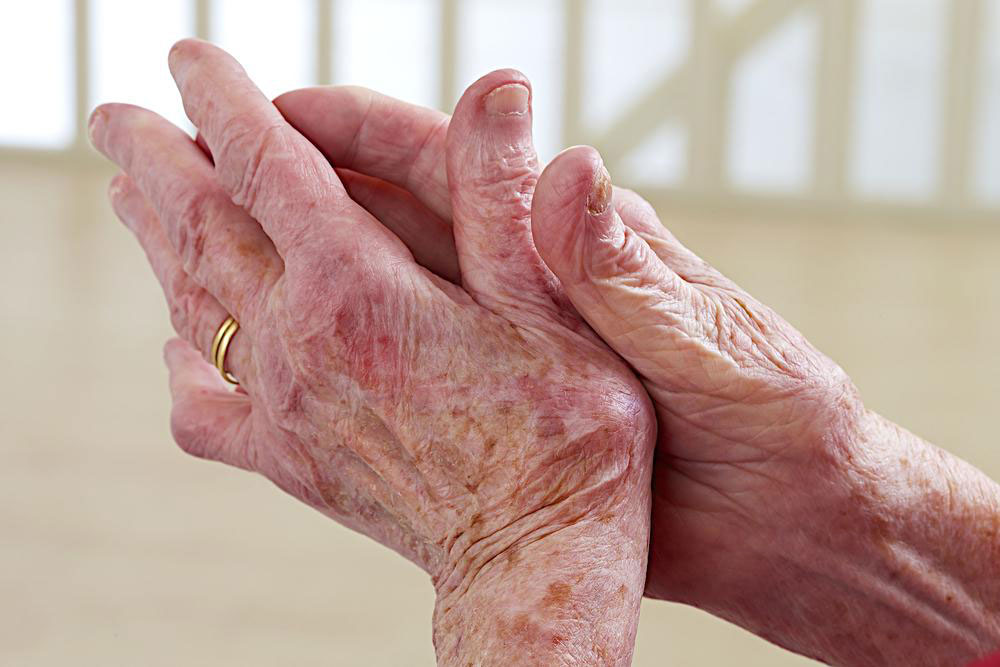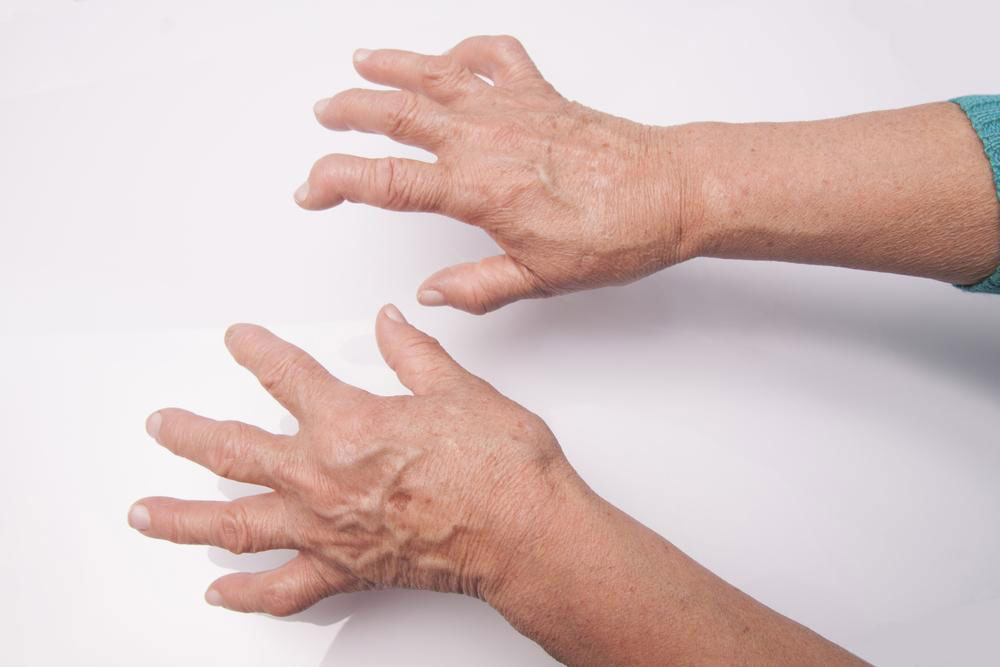Comprehensive Strategies for Managing Lupus
This article explores various lupus management strategies, highlighting the different forms of the disease, potential triggers, and current treatment options. It emphasizes the importance of medical supervision in symptom control, including NSAIDs, antimalarial drugs, and corticosteroids. While there is no cure, understanding the disease and working with healthcare providers can improve quality of life. The article also discusses the influence of hormonal and genetic factors and clarifies misconceptions about lupus triggers. Stay informed with this comprehensive guide on lupus care and treatment.

Managing Lupus Effectively
Lupus varies in its manifestation and impact, with the most severe form known as Systemic Lupus erythematosus (SLE), which can target multiple organs. The milder discoid lupus mainly affects the skin, causing rashes on the face, scalp, and neck, and less than 10% of cases progress to SLE. Drug-induced lupus is another form, triggered by medications such as hydralazine and procainamide, which often improves upon stopping these drugs. Neonatal lupus is rare, affecting newborns whose mothers carry autoimmune antibodies, leading to skin rashes and potential heart issues that typically resolve within six months.
Since women comprise approximately 90% of lupus patients, hormonal factors like estrogen have been studied, but no definitive link has been established. Flare-ups may occur before periods or during pregnancy, but research has not confirmed a direct causative relationship. Women on estrogen-based contraceptives or hormone therapy generally do not show increased risk. Genetic predispositions play a role, but specific genes have not been conclusively identified. Currently, there is no cure for lupus, but treatments focus on managing symptoms.
NSAIDs are commonly used to reduce inflammation, pain, and fever, though they may cause side effects and should be taken under medical supervision. Antimalarial drugs are also prescribed to help control symptoms. In severe cases, corticosteroids are often employed to suppress inflammation, but long-term use can lead to side effects like weight gain, osteoporosis, high blood pressure, and diabetes. All treatment plans should be discussed thoroughly with healthcare providers.










